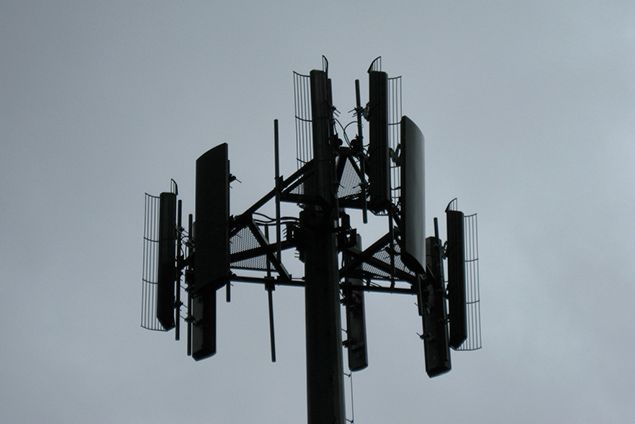Qualcomm has a new chip set that could do away with localised 4G smartphone variants, allowing for manufacturers to build phones that will work on LTE bands across the globe. The Qualcomm RF360 is a "front-end solution" that will provide compatibility will all 40 of the world's current 4G spectrum bands and more besides.
At present, a 4G smartphone bought in the UK won't work on the superfast data networks in the US and vice versa. And that's just one example. Global LTE bands are fragmented, based on the available spectrum in each region.
Manufacturers like Samsung and Apple, therefore, have to create different versions of their phones for different worldwide zones. The Qualcomm RF360 will go some way to globalising handset manufacture.
"The wide range of radio frequencies used to implement 2G, 3G and 4G LTE networks globally presents an ongoing challenge for mobile device designers. Where 2G and 3G technologies each have been implemented on four to five different RF bands globally, the inclusion of LTE brings the total number of cellular bands to approximately 40," said Alex Katouzian, senior vice-president of product management, Qualcomm.
"Our new RF devices are tightly integrated and will allow us the flexibility and scalability to supply OEMs of all types, from those requiring only a region-specific LTE solution, to those needing LTE global roaming support."
The solution is made up of several components, but is still highly power efficient. Whether that means it won't put any more strain on battery life than the current LTE chipsets is yet to be seen.
Qualcomm claims that smartphones with the new RF360 solution will start to come out in the second half of this year. Because it is a new technology and will no doubt be pricier than existing solutions, it is probably initially going to be in high-end phones only. iPhone 5S anybody?
Pic: (cc) Bytemarks

